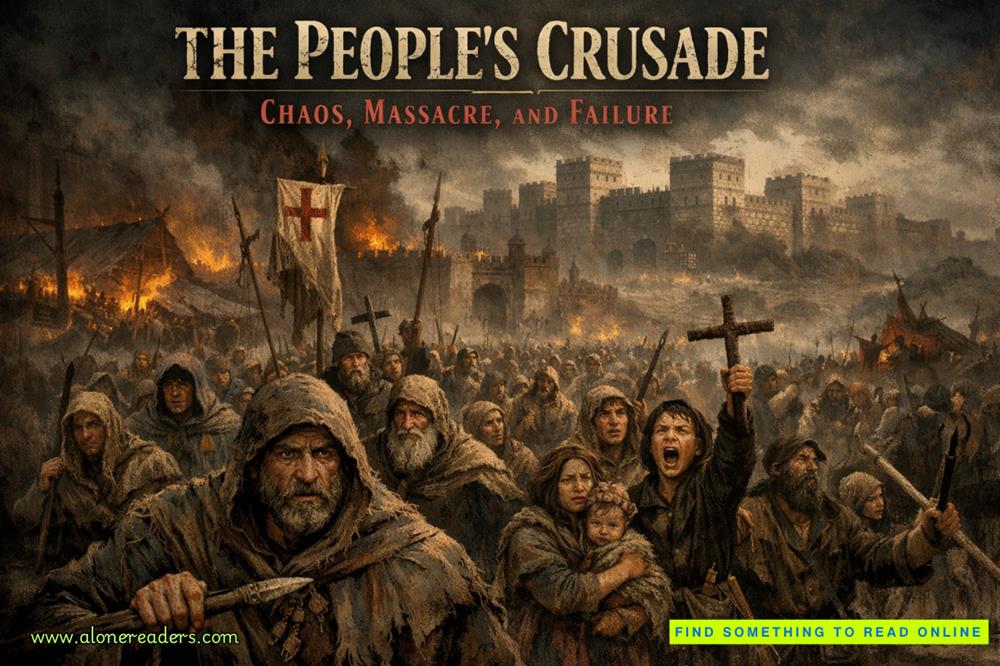He turned his head slightly. Not quite looking at me, but acknowledging I'd caught something he'd missed.
“Show me.”
I moved to the glass, maintaining professional distance but close enough to point. “There. The timestamp on each reset. First iteration, forty-three minutes. Second, forty-two minutes and thirty-seven seconds. Third, forty-two minutes and fifteen seconds. It's compressing.”
“Trying to catch up to real-time,” he said, understanding immediately. “But it can't because?—”
“Because the base algorithm assumes a constant that no longer exists.” I finished his thought without meaning to. “The mathematics are broken at their core.”
Silence stretched between us. Not uncomfortable. The kind of silence that happened when two minds processed the same complex problem.
“You're not just a gambler,” I said. Not a question.
“You're not just a dealer,” he replied.
We stood in that quiet, watching the floor below, the failing mathematics painting patterns in light and probability. A Nexian hit an impossible jackpot. The system faltered—paid out half, then double, then nothing. The floor manager rushed over, confusion evident even from this detached height.
When I spoke again, the words came without planning. “I had a sister who loved mathematics.” He turned from the glass then, his full attention on me, a subtle shift in his priorities. “Used to say that if you could see the numbers underneath reality, you could predict anything.”
“Was she right?”
“She died of something with a million-to-one chance of appearing on our station. So no. Probability doesn't care what you see.”
He absorbed that without the empty sympathy most people offered. He nodded once. No pity. Just fact.
“The algorithms below,” he said after a moment, “they're based on that same fallacy. That clean mathematics can model sentient chaos. But it can’t account for perception.”
“Which is?”
“The observer effect. The mathematics change the moment someone understands them. Like you adjusting your shufflewhen you know someone's counting. The system below can't adapt because it doesn't know it's being observed.”
I turned to look at him properly for the first time. The red eyes were focused on the display, but I could feel his focus shift, landing on me. Waiting for my response.
“You're describing quantum probability theory applied to macro-systems,” I said. “That's doctorate-level mathematics.”
“And you understand it without the doctorate.” He stated it as fact. “Where did you learn?”
“Library terminals. Late shifts. Anywhere I could.” My gaze returned to the chaotic displays below. “You don't need formal education to see patterns. Just functioning eyes and a brain that won't shut off.”
“Is that why you count everything? The failures, the successes, the micro-expressions?
I stiffened. He'd been watching me as closely as I'd been watching him.
“Survival mechanism,” I said. “Predict the problems, stay ahead of the chaos.”
“Must be exhausting.”
“Must be boring, having enough credits that it doesn’t matter.”
He made a sound that might have been a laugh. “Credits don't make patterns irrelevant. They just change which ones can kill you.”
True enough. I'd seen wealthy players destroyed by patterns they never bothered to notice. Understanding was one thing. Connection—that was dangerous. The warmth from earlier crept back into my chest, unwanted.
“I should go,” I said, stepping back from the glass. “Next shift starts in six hours.”
“The compression loop,” he said, not moving. “It'll reach critical failure in approximately nine days.”
“Eight days, seventeen hours.” I corrected automatically, then caught myself. “Not that it matters to me.”















